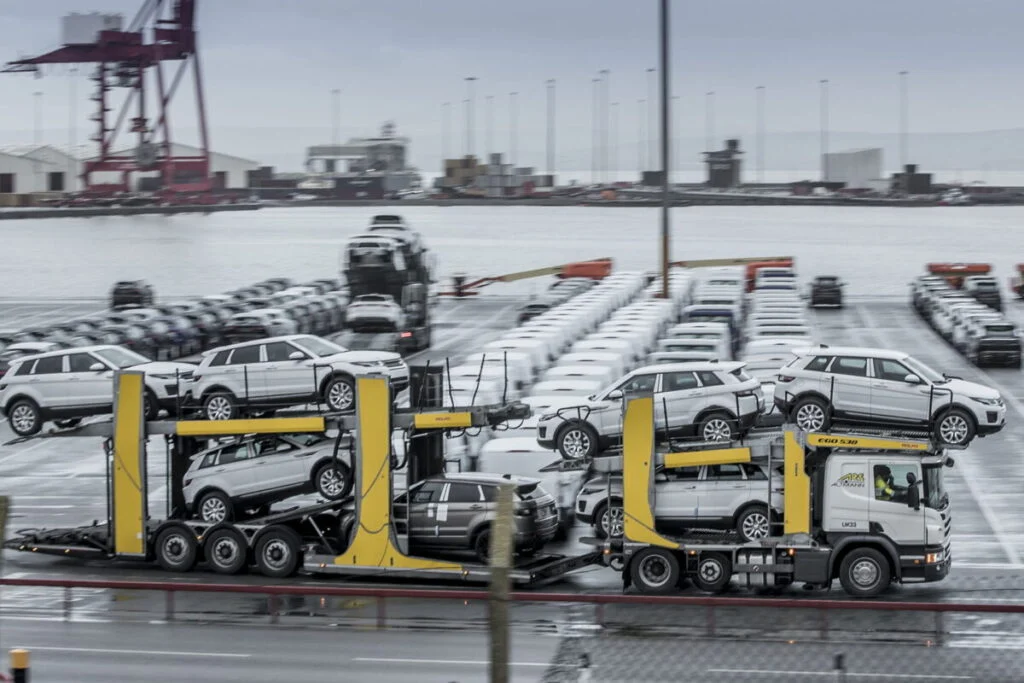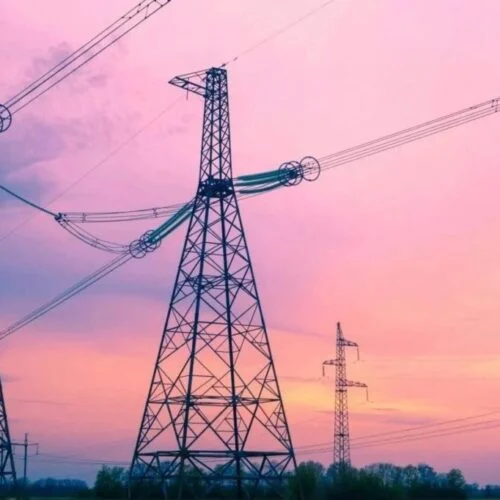The first quarter of 2025 saw sales of second-hand battery electric vehicles (BEVs) in the UK increase by 58.5%, taking a record share of all transactions.
Figures from the Society of Motor Manufacturers and Traders (SMMT) show that total of 65,850 second-hand BEV units were sold in Q1 2025, taking a 3.3% share of the market, the largest portion ever.
While sales of second-hand internal combustion engine (ICE) vehicles slumped, down 2.4% compared to 2024, hybrids attracted record numbers of second and third owners.
Second-hand hybrid sales rose 30.2% to 98,830 units, and 23,540 plug-in hybrids changed hands, up 14.0% on the same period last year.
SMMT said that while the figures are positive for the EV industry, long-term success “relies heavily on healthy demand for new electric cars”.
This view was echoed by Susan Wells, director of EV and solar at Centrica-owned smart home tech company Hive, who said: “Ensuring EVs remain affordable and accessible to more motorists is key to maintaining this momentum.
“Policymakers must ensure they are taking every step to encourage more drivers to make the switch, including reducing VAT on public charging costs.”
Policy shifts suggested by SMMT include halving VAT on new EVs and scrapping, or amending the vehicle excise duty Expensive Car Supplement to exclude electric cars. Further, as has been the view of the industry for some time, it suggests that public charging should be charged at an equal rate of VAT, to bring the cost in line with private charging.
Colin Walker, head of transport at the Energy & Climate Intelligence Unit (ECIU), said that the government’s changed EV sales targets could slow new EV sales, with a knock-on effect on the second-hand market, “leaving more drivers stuck with the higher bills that come from driving petrols and hybrids”.
SMMT chief executive Mike Hawes said: “Sustaining and expanding this growth, however, depends on a healthy supply of EVs from the new car market – which in turn requires fiscal incentives alongside a nationally accessible and affordable charge point network so that everyone, whatever their budget or driving needs, can benefit from zero emission motoring.”
US trade deal to revoke car import tariff increase
Hawes has today also praised the newly announced trade deal struck between the UK and the US. On US President Donald Trump’s ‘freedom day’, he raised the import tax on cars from the UK to 27.5%, a 25% increase.
When the news of higher tariffs broke, Hawes said: “Our cars were already set to attract a punitive 25% tariff overnight, and other automotive products are now set to be impacted immediately.”
Under the new deal, the tariff rate is set at 10% for 100,000 cars a year. Hawes called the US the second most important market for car exports, so an greement to reduce tariffs “is great news for consumers and the industry”.
Since the trade deal was announced, Aston Martin and Rolls-Royce shares have jumped. Trump has also agreed to slash tariffs he had imposed on UK steel and aluminium, which he raised earlier this year to 25%.






